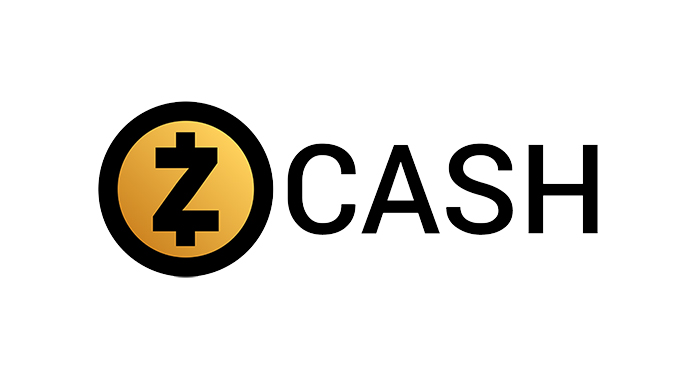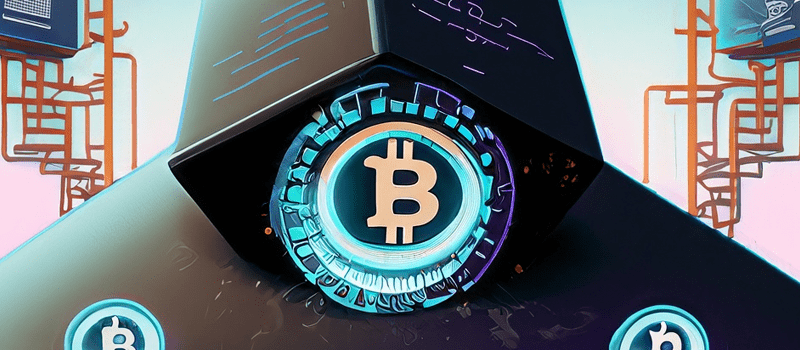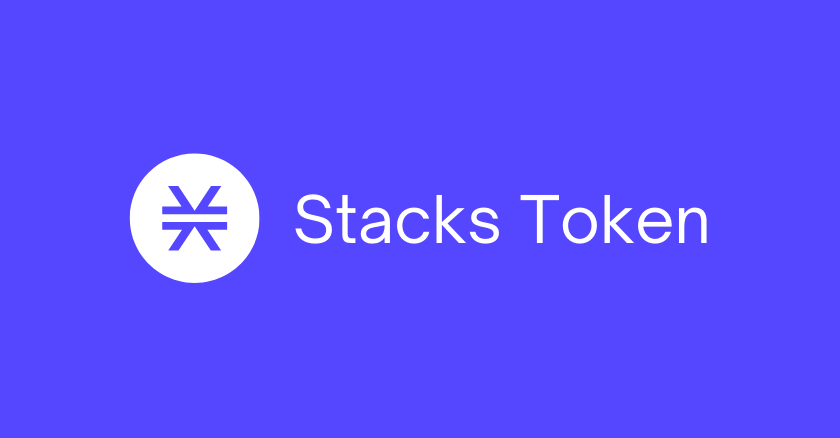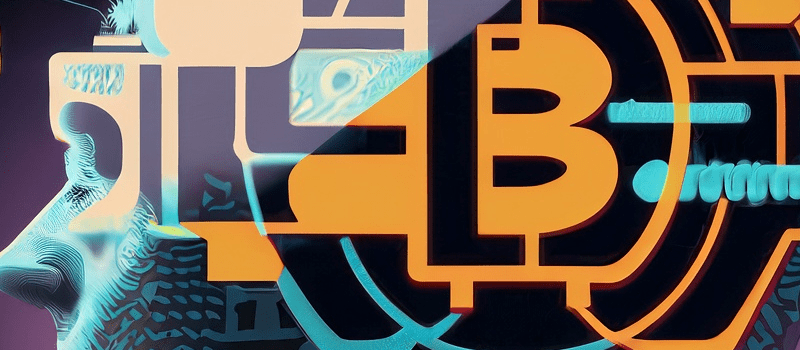Zero Knowledge Proofs: Advancing Blockchain Through Privacy-Preserving Innovation
Zero knowledge proofs (ZKP) are a powerful cryptographic technique that allows one party (the prover) to prove to another party (the verifier) that a statement is true without revealing any information apart from the fact that the statement is true.
Some key properties of zero knowledge proofs:
- Privacy – No information is revealed beyond the validity of the statement.
- Scalability – Verification is faster than traditional cryptographic proofs.
- Security – Proof is zero-knowledge only if no cheating is possible.
In the blockchain world, ZKPs are considered essential for improving privacy and scalability. Here are some examples of how ZKPs are used in blockchains:
- Anonymous cryptocurrencies like Zcash use ZKPs to enable private transactions.
- Scaling solutions like zk-SNARKs employ ZKPs for faster verification.
- Interoperability protocols use ZKPs to connect different blockchains.
- Lightning network payments utilize ZKPs to secure payment channels.
“Zero-knowledge proofs are one of the most exciting innovations in blockchain today.” – Blockhead Technologies
This section provided a brief overview of zero knowledge proofs and their significance in blockchain technology. The next section will delve into more technical details on how ZKPs work.
How Zero Knowledge Proofs Work
The basic premise behind zero knowledge proofs is that the prover can convince the verifier that they know a secret value x, without revealing anything about x itself. They accomplish this through an interactive protocol.
There are two main types of zero knowledge proofs:
- Interactive proofs – Where the prover and verifier exchange multiple messages.
- Non-interactive proofs – Where the prover publishes a single proof that anyone can verify.
Some examples of interactive zero knowledge proofs:
- Graph Isomorphism – Proving two graphs are identical without revealing the graph structures.
- Discrete Logarithm – Proving knowledge of a number without revealing the number.
Non-interactive schemes like zk-SNARKs generate a succinct, publicly verifiable proof.
The most common analogy is the cave allegory, proposed by researchers Blum, Feldman, and Micali:
“Imagine your friend is in a cave and you want to prove to her that you know the password to open the door without revealing the password itself…”
The key cryptographic techniques used in constructing zero knowledge proofs include:
- Commitment schemes – Binding but hiding secrets.
- Challenge-response protocols – Interaction between prover and verifier.
- Zero-knowledge arguments – Computationally sound proofs.
We will explore the math and cryptography behind ZKPs in more detail later on.
Uses of Zero Knowledge Proofs in Blockchains
Zero knowledge proofs enable several important use cases in blockchain networks:
Anonymous Transactions
- Privacy coins like Zcash and Monero use ZKPs to hide transaction details and account balances.
- Zcash’s Zk-SNARKs allow fully private transfers without revealing sender, receiver or amount.
“Zcash’s zero-knowledge proofs offer privacy protection typically only available through physical cash transactions.” – Circularise
Scaling Solutions
- zk-Rollups bundle hundreds of transfers off-chain and generate a ZKP to verify validity.
- Validium chains like Starkware improve throughput via ZKPs.
- ZK-STARKs allow faster verification than SNARKs.
“ZK-rollups are a layer 2 scaling solution that allows for hundreds or thousands of transactions to be processed off chain and then verified on chain via a ZK-SNARK proof.” – Chainlink Blog
Interoperability
- Polkadot uses XCMP protocol with ZKPs for inter-chain messaging.
- Cosmos IBC connects zones via proofs of packet commitment.
Decentralized Finance
- AZTEC protocol enables private transactions on Ethereum.
- Tornado Cash mixes funds for anonymity via ZKPs.
This covers some of the major blockchain applications of zero knowledge proofs today. Next we’ll look at the benefits ZKPs provide.
Benefits of Zero Knowledge Proofs
Zero knowledge proofs offer several advantages that make them highly useful for blockchain networks:
Privacy and Anonymity
- Hides transaction details and account balances.
- Complies with regulations like GDPR for data privacy.
“ZKPs can help you prove statements about your data without revealing the data itself. This allows you to comply with regulations like GDPR while using blockchain.” – Circularise
Enhanced Security
- Resistant to falsified or fabricated proofs.
- Prevent theft and double spending.
“ZKPs offer security advantages because they are computationally infeasible to fake.” – Fed Research
Scalability
- Allow off-chain processing and on-chain verification.
- Reduce computation and storage on main chain.
“ZK-rollups can achieve up to 3000 TPS by moving computation off-chain and submitting only a validity proof to the root chain.” – Chainlink Blog
Cost Savings
- Proof verification requires less computation.
- Lower fees compared to on-chain transactions.
“ZKPs help us scale systems more efficiently by reducing computational overhead.” – Fed Research
ZKPs are an essential tool for balancing privacy, security, scalability and cost in blockchains. Next we’ll examine some limitations.
Limitations and Challenges
While very promising, zero knowledge proofs also come with some limitations:
Complex Cryptography
- The math behind ZKPs is complex, requiring advanced cryptography skills.
- Vulnerable to flaws in initial protocol design.
“The cryptography behind ZK systems is bleeding-edge computer science at the moment.” – Decrypt
Trusted Setup
- Most ZKP schemes require an initial “toxic waste” ceremony.
- This presents a potential single point of failure.
“The trusted setup is a ceremony that if compromised, would allow an attacker to forge proofs. It’s therefore important the ceremony follows best practices.” – Binance Academy
Auditability Issues
- Hides transaction details, making full audits difficult.
- Regulators may demand more transparency.
“There exists an inherent tension between auditability and privacy that ZK systems try to balance.” – SecurityIntelligence
Despite these challenges, ongoing research aims to improve ZKP efficiency, trustworthiness and mainstream adoption.
Future Outlook
There are several exciting areas of research and development around zero knowledge proofs:
Improving Efficiency
- New protocols like PLONK and Halo aim to reduce proof sizes and verification times.
- Advances in succinct arguments like STARKs and SONIC.
“Ongoing research is rapidly improving the efficiency of ZK proofs to enable broader adoption.” – QuillAudits
Strengthening Trust
- Multi-party computation ceremonies boost transparency.
- Formal verification of core ZKP components.
“Researchers are coming up with new ways to instill more trust in the ceremony and initial parameters.” – Binance Academy
Mainstream Adoption
- Use in decentralized identity and credential verification.
- Applications for supply chain tracking and auditing.
- Integration with IoT and Web3 ecosystems.
“There is growing interest from major enterprises in using ZK proofs to enable use cases like anonymous credentials.” – ConsenSys
The future looks bright for zero knowledge proofs to deliver on privacy and scalability for blockchains. But continued research is still needed to realize their full potential.
Conclusion
In summary, zero knowledge proofs are an innovative cryptographic technique that is unlocking new capabilities for blockchain networks:
- Provide privacy and anonymity without compromising security.
- Enable scalability via off-chain transactions with succinct proofs.
- Reduce computational costs compared to traditional proofs.
- Support confidential smart contracts and auditing.
However, challenges around complexity, setup ceremonies and auditability need to be overcome before mainstream adoption can occur.
Ongoing research aims to improve real-world efficiency and trust in ZK systems. The potential is there for wide deployment in areas like decentralized finance, supply chains, credentials and more.
“Zero-knowledge proofs are one of the most important and exciting innovations happening in the blockchain space right now.” – Blockhead Technologies
Blockchain zero knowledge proofs remain an emerging technology, but one that could be transformative for privacy and scalability in the Web3 era. Continued innovation in this cryptographic field will be key to unlocking the next generation of distributed applications.
Zero Knowledge Proof explained to an 8 year old:
Zero knowledge proof is a way to prove something is true without giving away any other information.
Imagine your friend Daniel tells you he knows how to open a super secret door inside a castle, but he doesn’t want to reveal the magic password. So Daniel asks you to look away while he opens the door. All you see is the door close then open again as if by magic!
Now you know for sure Daniel was telling the truth – he can open the door. But you have no idea what the secret password is. That’s like a zero knowledge proof!
We can use this magical proof power to keep secrets safe in within the blockchain. Blockchain is like a special list that everyone can see and check, but it keeps people’s information private.






Responses